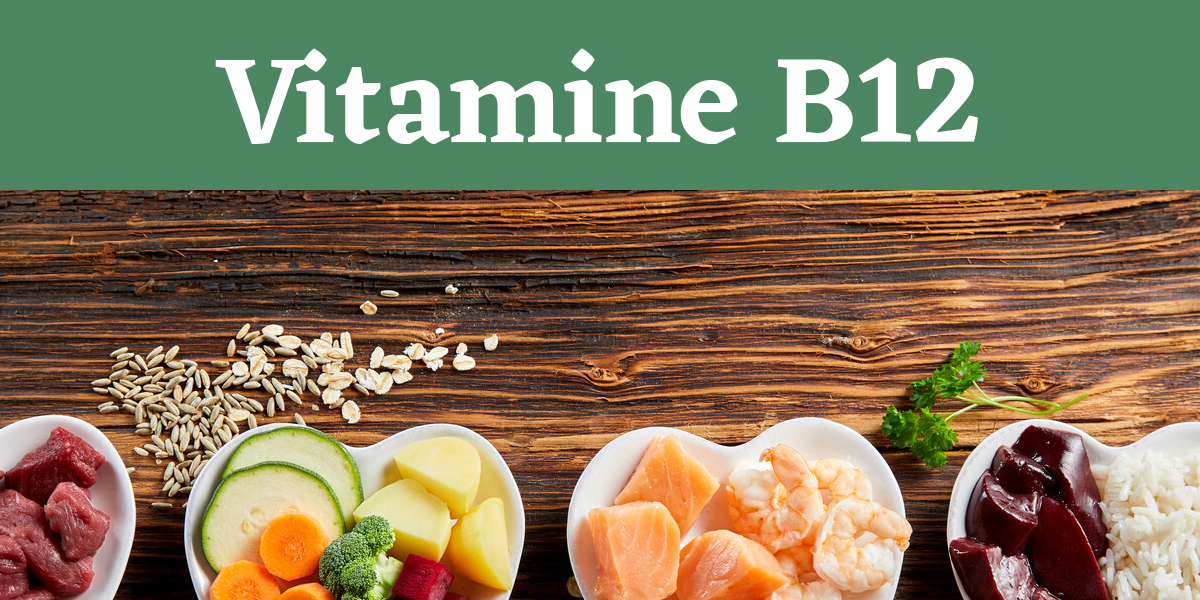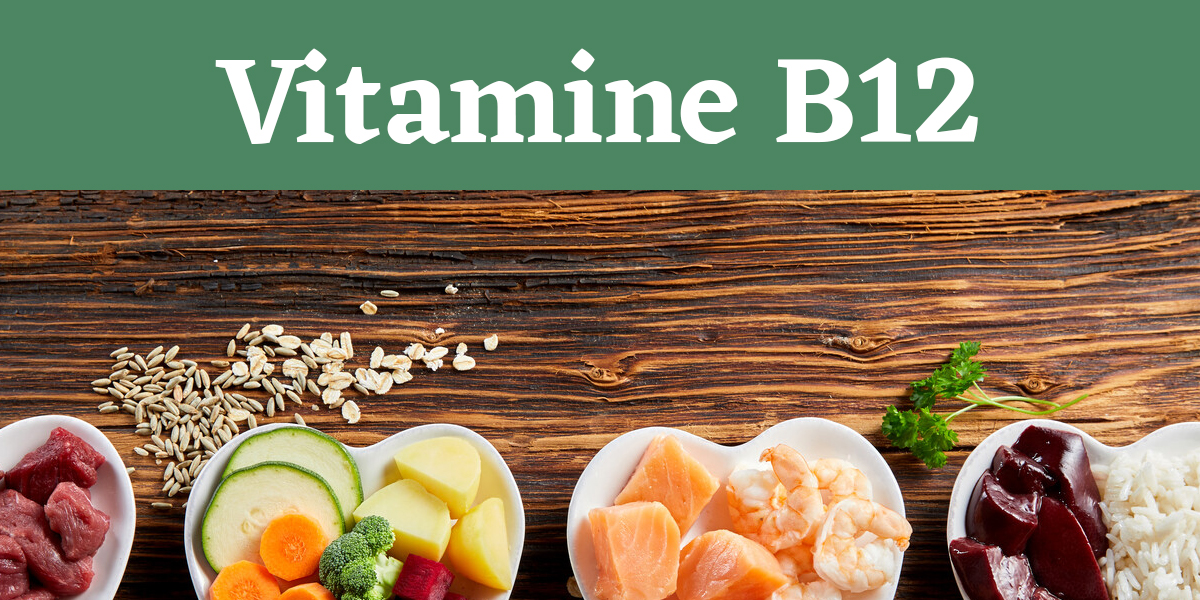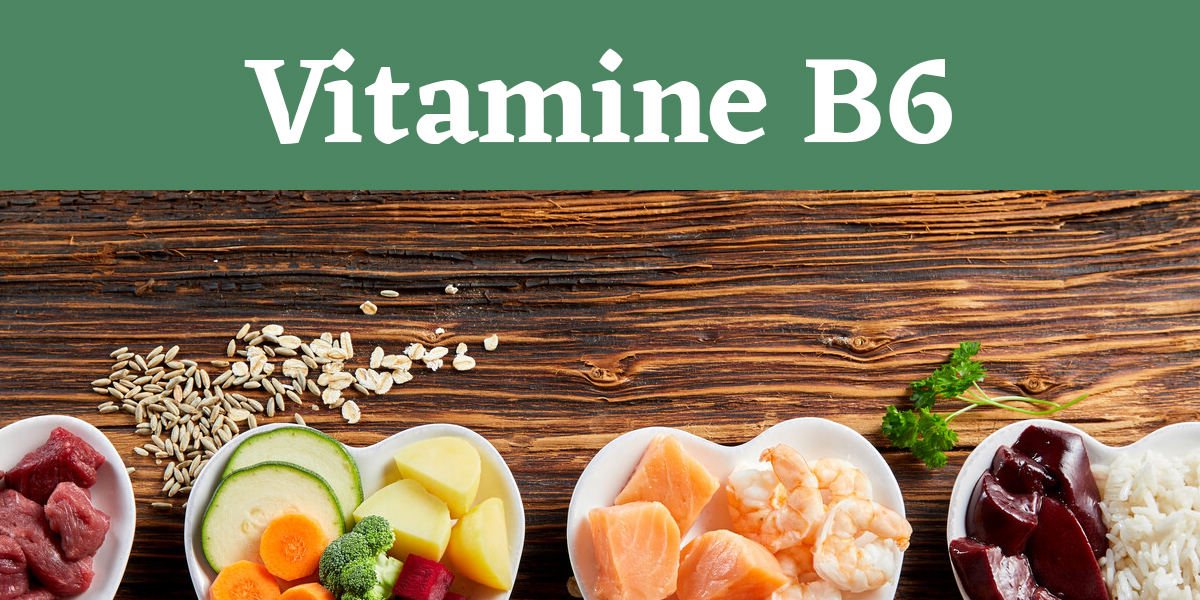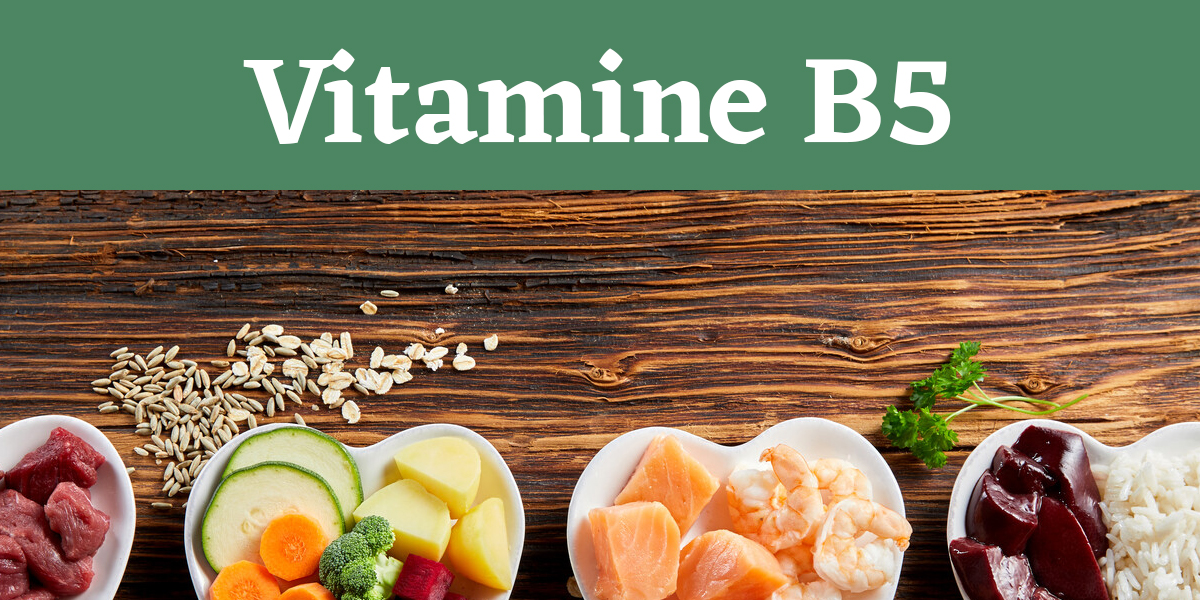Vitamin B12 (cobalamin)

Vitamin B12, also called cobalamin, is a water-soluble vitamin that belongs to the vitamin B complex. Vitamin B12 occurs in different forms such as adenosylcobalamin, methylcobalamin, cyanocobalamin. Vitamin B12 should be made sufficiently available on a daily basis through a high-quality diet or through supplementation.
Because vitamin B12 is involved in many biochemical processes in the body, it is essential for good health. This vitamin is only found in animal products. A shortage of vitamin B12 is common, but vegetarians can suffer more from this, especially if they also do not use eggs and other dairy products.
Most vegetable sources of vitamin B12 contain analogue cobalamin, which is not active in our body and we cannot use it. A few exceptions are Chlorella and seaweed such as nori, which contain the active variant of vitamin B12 in the form of cobalamin.
Micro-organisms in the soil also produce vitamin B12. But two groups of micro-organisms in our small intestine can also do this, namely Pseudomonas and Klepsiella sp. Which is essential to have an optimal intestinal flora and intestinal function, which is not the case with most people.
When one has problems with the stomach or a poorly functioning stomach, the absorption of vitamin B12 is often too low. This is because the gastric mucosa is damaged and there is too little or no production of gastric juice. As a result, no intrinsic factor is produced. The intrinsic factor ensures the absorption of vitamin B12 in the small intestine. Enzymes produced by the pancreas also play a role in the binding of vitamin B12 to the intrinsic factor.
It is therefore essential to have a good pancreas and enzyme function. A good metabolism is also important. An underactive thyroid gland also affects the secretion of gastric juice and intrinsic factor.
Vitamin B12 is involved in the metabolism of carbohydrates, proteins and fats. And also applies to vitamin A, B5, C, folic acid, and iron. Vitamin B12 is also important in the production of DNA. Vitamin B12 is also needed in the detoxification of chemical pesticides such as insecticides. In particular, the biologically active co-enzymatic form methylcocalamine ensures this detoxification because it is an important methyl donor. Another biologically active coenzyme form is adenosylcobalamin. There is no longer any need for conversion in the body for both, so that they are immediately available.
Vitamin B12 is also necessary for the protection of nerve cells, plays a role in the formation of red blood cells and is necessary for cell division processes, especially in pregnant women. It lowers the level of homocysteine in the blood or urine, promotes the immune system and improves the quantity and quality of sperm.
A shortage of vitamin B12 can lead to, among other things, anemia, chronic fatigue, reduced reflexes, lethargy in the arms and legs, tingling in the hands and feet, problems with walking and speaking, burning tongue, sore and or inflamed eyes, hair loss, menstrual complaints, sensory disturbances in the nerves, nerve damage, more prone to bacterial infections, reduced short-term memory, feeling cold quickly, psychological problems such as depression, nervousness, dementia and confusion, reduced concentration and loss of appetite.
Foods that contain vitamin B12 are oily fish, oyster, mussels, lobster, liver, eggs, meat, game, rabbit, dairy products, chlorella, seaweed such as nori.



